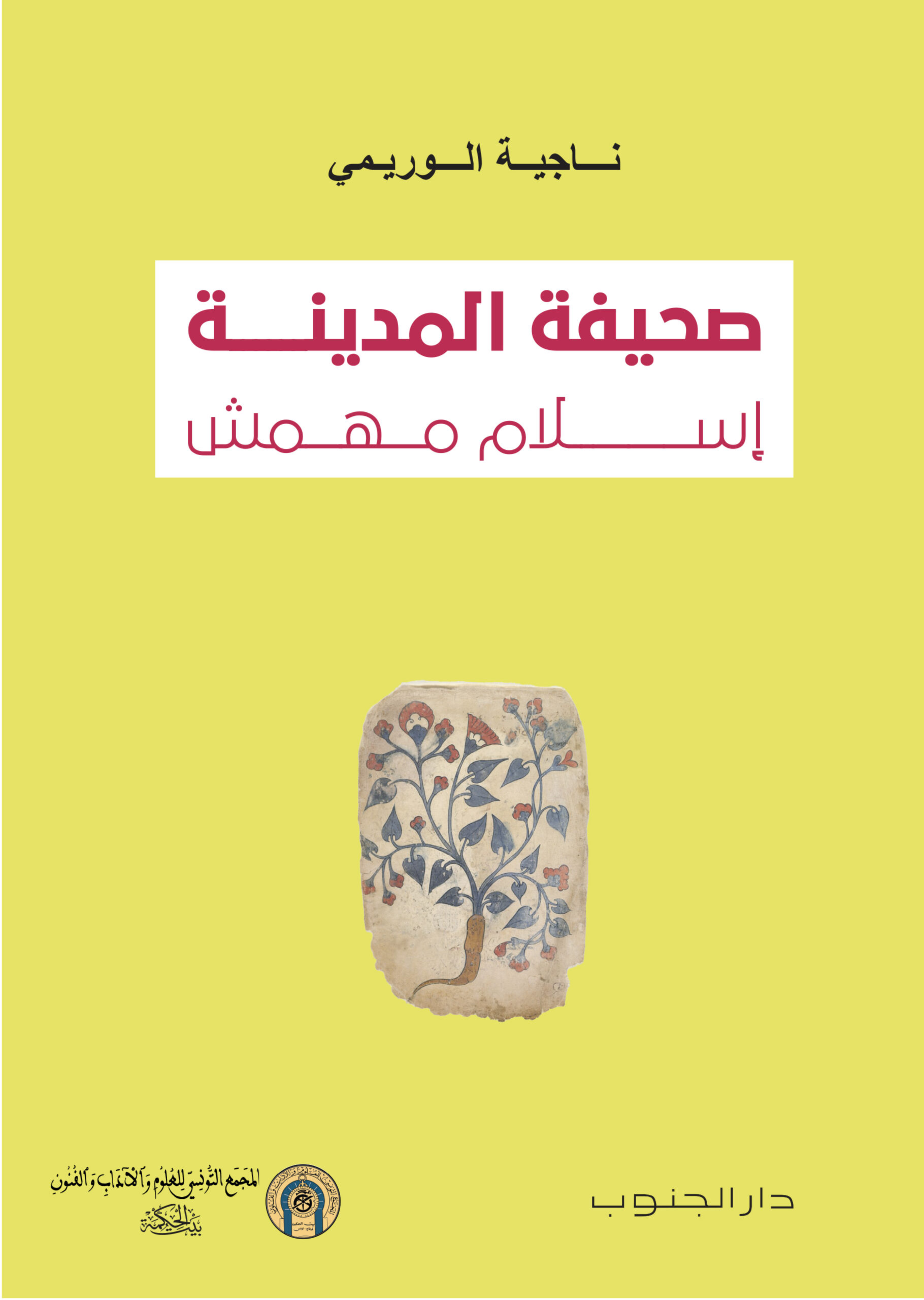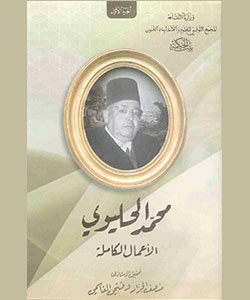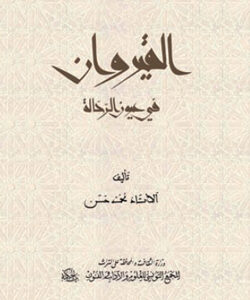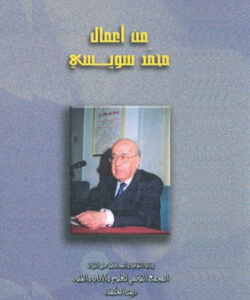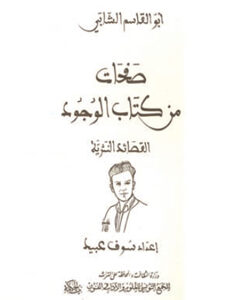The charter of Medina… A Marginalised Islam
The researcher Najia El Ourimi, in her book “The Charter of Medina…A Marginalised Islam”, examines a contractual event between tribal and religious powers in Yathrib (Medina).
This agreement aimed to ensure peaceful coexistence among the diverse tribal groups and religious factions and to fortify the internal situation against all forms of internal and external aggressions.
The author also addresses the limited interest of historians in this document and the ways in which it has been ideologically utilised.
In essence, the author presents a critical analysis of “Islamic narratives” and critical Arab studies due to their lack of interest in the charter of Medina as a crucial document in the path of the Muhammadan message and jurisprudential discourse. In contrast, it has been a subject of significant interest for orientalists, who dedicated research, articles, and books to it. They were convinced of the richness of its contents, which established values of tolerance and documented a historical trajectory characterised by an ethical , political and jurisprudential system that profoundly influenced subsequent historical periods.

